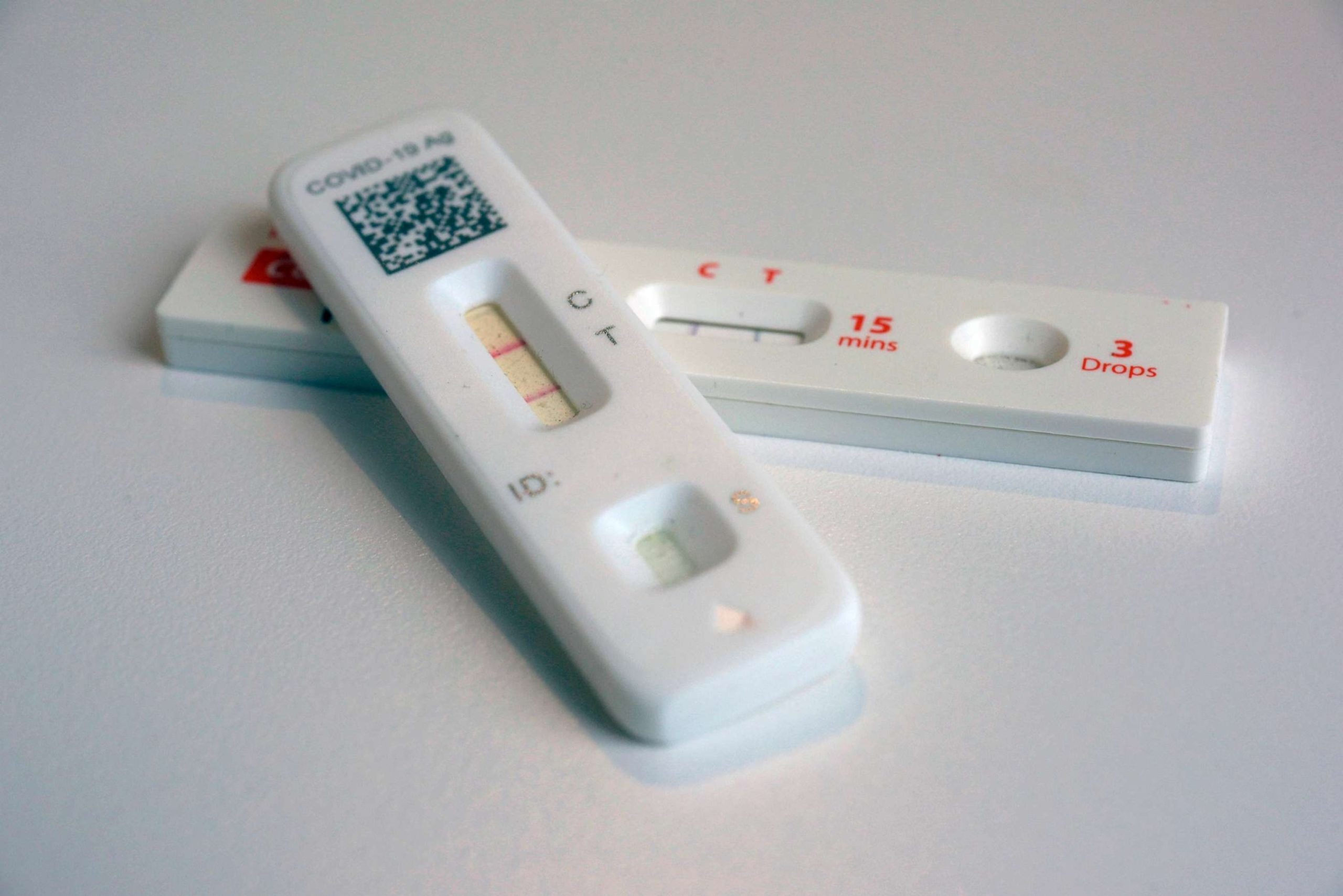The Importance of Waiting a Few Days Before Taking an At-Home COVID Test When Experiencing Illness
In the midst of the ongoing COVID-19 pandemic, it is crucial to stay vigilant and take appropriate measures when experiencing any symptoms of illness. One such measure that has gained popularity is the at-home COVID test, which allows individuals to quickly and conveniently determine if they have contracted the virus. However, it is important to understand that taking a COVID test immediately after experiencing symptoms may not always yield accurate results. Waiting a few days before taking an at-home COVID test can significantly improve its reliability and effectiveness.
When someone becomes ill, especially during these uncertain times, the immediate instinct is to find out if they have contracted COVID-19. While this urgency is understandable, it is essential to recognize that the virus has an incubation period. This is the time between exposure to the virus and the onset of symptoms. The incubation period for COVID-19 can range from 2 to 14 days, with the average being around 5 to 6 days. Testing too early during this period may result in a false negative, giving individuals a false sense of security and potentially leading to further spread of the virus.
The accuracy of COVID tests depends on various factors, including the viral load present in the body. During the initial stages of infection, the viral load may be too low to be detected by a test. This means that even if an individual is infected, the test may show a negative result. By waiting a few days, the viral load tends to increase, making it more likely for the test to accurately detect the presence of the virus.
Another reason to wait before taking an at-home COVID test is to allow symptoms to fully develop. COVID-19 symptoms can vary widely and may initially mimic those of other common illnesses such as the flu or a cold. By waiting for a few days, individuals can observe if their symptoms worsen or if they develop any additional symptoms that are specific to COVID-19, such as loss of taste or smell, shortness of breath, or persistent cough. This additional information can help healthcare professionals make a more accurate diagnosis and guide individuals towards appropriate care and isolation measures.
Furthermore, taking a COVID test too early can also lead to unnecessary anxiety and stress. False negatives can create a false sense of security, leading individuals to believe they are not infected when they actually are. This may result in complacency and a disregard for necessary precautions, such as wearing masks, practicing social distancing, and avoiding close contact with vulnerable individuals. Waiting a few days before taking a test can help reduce the likelihood of false negatives and ensure that individuals receive accurate results, enabling them to make informed decisions about their health and the health of those around them.
It is important to note that waiting a few days before taking an at-home COVID test does not mean ignoring symptoms or delaying seeking medical attention if symptoms worsen or become severe. If someone experiences severe symptoms such as difficulty breathing, persistent chest pain, confusion, or bluish lips or face, they should seek immediate medical assistance.
In conclusion, while the availability of at-home COVID tests has provided a convenient way to determine if one has contracted the virus, it is crucial to wait a few days after experiencing symptoms before taking the test. Waiting allows for the virus to incubate and the viral load to increase, improving the accuracy of the test. It also gives individuals the opportunity to observe the progression of their symptoms and identify any specific COVID-19 symptoms that may develop. By waiting, individuals can ensure more reliable results, reduce false negatives, and make informed decisions about their health and the health of others.



